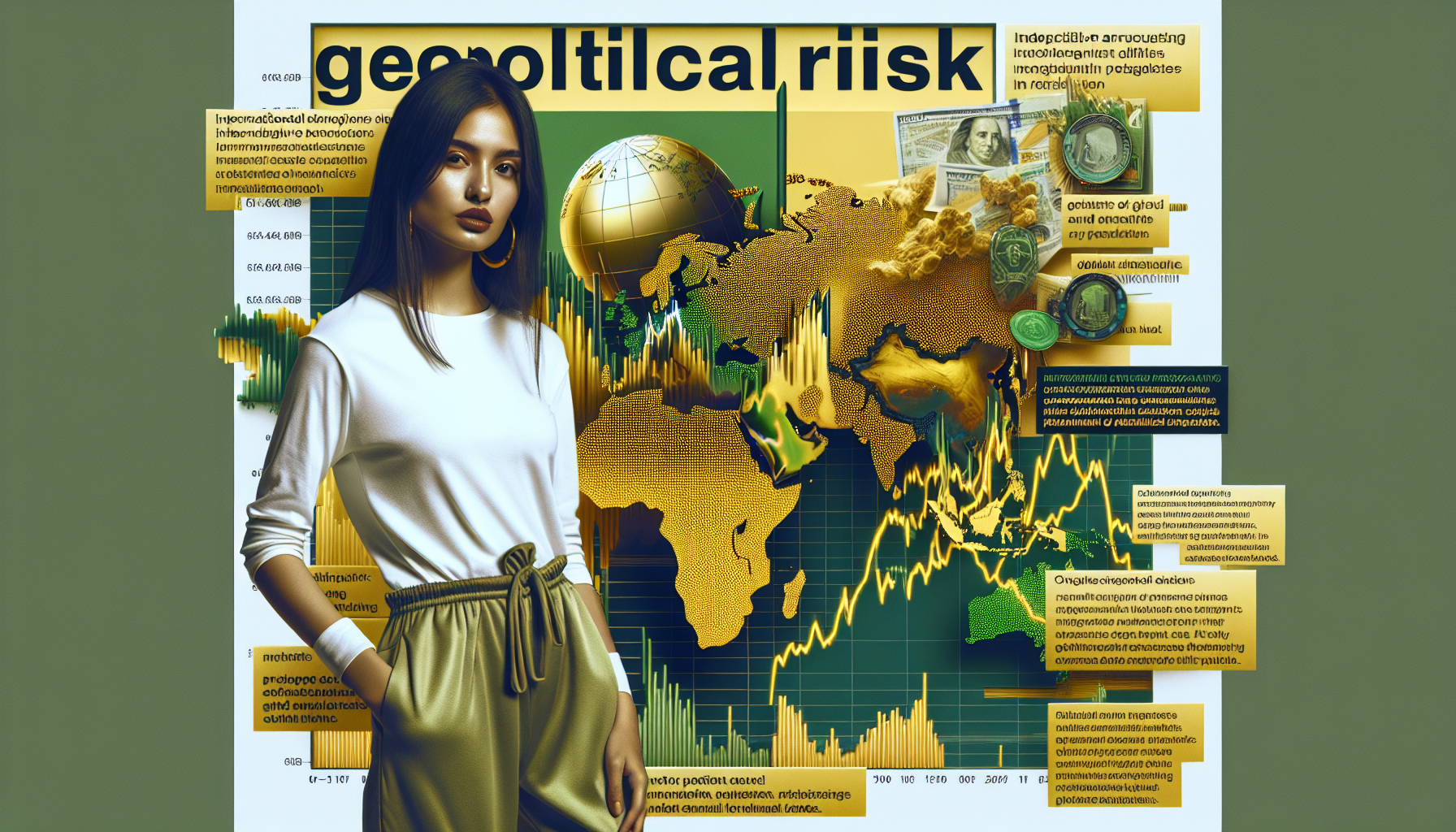Geopolitical risk refers to the financial risk that arises from geopolitical events and developments, which can disrupt or influence global markets, economies, and investment landscapes. These events can include conflicts, elections, policy changes, and diplomatic relations shifts among nations. Understanding geopolitical risk is crucial for investors as it can significantly impact investment returns, influencing stock markets, commodity prices, and currency exchange rates.
How Geopolitical Risks Affect Investments
Geopolitical events can lead to uncertainty in markets, affecting investor confidence and market volatility. High levels of uncertainty can reduce investment as investors wait for stability, impacting global markets. For example, tensions between major economies could lead to trade wars, affecting global supply chains, and impacting companies reliant on international trade. Similarly, geopolitical instability in regions rich in natural resources can lead to fluctuations in commodity prices such as oil, gold, or minerals, impacting related sectors and companies.
Examples of Geopolitical Risks
- Military conflicts: Wars or military conflicts, such as the ongoing conflict in the Middle East, can disrupt oil supplies, affecting global oil prices and companies in the energy sector.
- Trade policies: Changes in trade policies, such as the US-China trade war, can have significant impacts on companies reliant on international trade, affecting their stock prices.
- Political instability: Elections, coups, or political upheavals can lead to uncertainty in local markets, impacting investments in those regions.
- Economic sanctions: Sanctions against countries, such as those imposed on Russia, can affect companies doing business in or with those nations.
Publicly Traded Companies and Geopolitical Risk
Investors need to be aware of how geopolitical risks can affect specific sectors and publicly traded companies. For instance, energy companies like Exxon Mobil (NYSE: XOM) and Chevron (NYSE: CVX) can be significantly impacted by geopolitical events that affect oil prices. Similarly, multinational corporations like Apple (NASDAQ: AAPL) and Nike (NYSE: NKE), with extensive global supply chains, may face risks from trade policies and international conflicts.
It is essential for investors to conduct thorough research and consider geopolitical risks when evaluating investment opportunities, especially in companies with global operations or those situated in geopolitically sensitive regions.
Managing Geopolitical Risk
To manage geopolitical risks, investors can diversify their portfolios across different asset classes, regions, and sectors. Investing in safe-haven assets like gold or government bonds can also hedge against geopolitical uncertainties. Staying informed about global events and geopolitical developments is vital for timely decision-making and risk mitigation.
Conclusion
Geopolitical risk is an integral part of global investing, carrying the potential to significantly impact investment returns. By understanding and managing these risks, investors can better protect their portfolios from unexpected geopolitical events and capitalize on opportunities arising from these uncertainties.
Looking to stay ahead in the investment game? Join Tiblio today for unmatched insights and tools to navigate market uncertainties with confidence.
